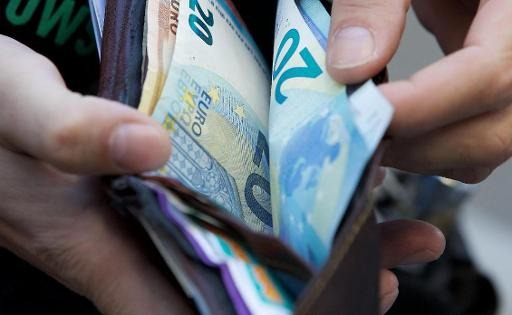Purchasing power in Belgium is doing well, increasing by an average of 5.2 percent. The government claims that, and Leuven economist André De Coste confirms the assertion.
The Michel government’s policy does matter. This is what a group of academics from the KU Leuven and UAntwerp, led by Professor Decoster, found in a new study, which has just been published in the Leuvense Economische Standpunten (Leuven Economic Positions). It examines the consequences of the Michel I government policy.
According to the researchers, the purchasing power of the average Belgian family will increase by 5.2 percent between 2014 and 2020. This is the result of the tax shift, which includes, among other things, an increase in the flat-rate deduction for professional expenses, the abolition of the 30% rate and the increase in the standard deduction.
Over the past few months and years, the government has repeatedly boasted that the tax shift is working. The spokesman for Finance Minister Johan Van Overtveldt (N-VA) points to the net disposable income of the families. Including the VAT and excise duty increases, this year's increase will also be 1.8% and next year's increase will be 1.9%. "The strongest increase in the last decade,” says the spokesman
On average, every Belgian's purchasing power is improving, but some more than others. The biggest improvement is among the high incomes. This is a consequence of the government's focus on reducing taxes on work. According to the study the “richer part” of the population sees its purchasing power increase between 5.7 and 6.8 percent. For those in the middle of the income scale, the increase in purchasing power was only three percent. Those at the bottom, which includes many more non-working, sick and retired people and families with children actually sees its purchasing power increase more than the middle group due to certain social corrections.
However, the policy has also led to some higher costs for consumers, such as higher VAT and excise duties and the non-indexation of child benefits in Flanders. According to the researchers, these “have a clear negative effect on all income groups”, especially on lower income groups.
The report takes a less than sanguine look at the actual costs of the tax shift. The government always insisted that it should be budget neutral, but that has not been the case till now. De Coster calculated the net budgetary cost is 5.49 billion euro.
"That is significantly more than the budgetary costs of the measures taken under the Verhofstadt I and II governments. It also reverses almost half of the savings made under the Dehaene I and II governments. The report concludes the government pays the bill for the increase in the purchasing power of its residents.
Arthur Rubinstein
The Brussels Times

